Are music genres helpful or harmful in 2025? Let’s explore how social media has convoluted music labels.
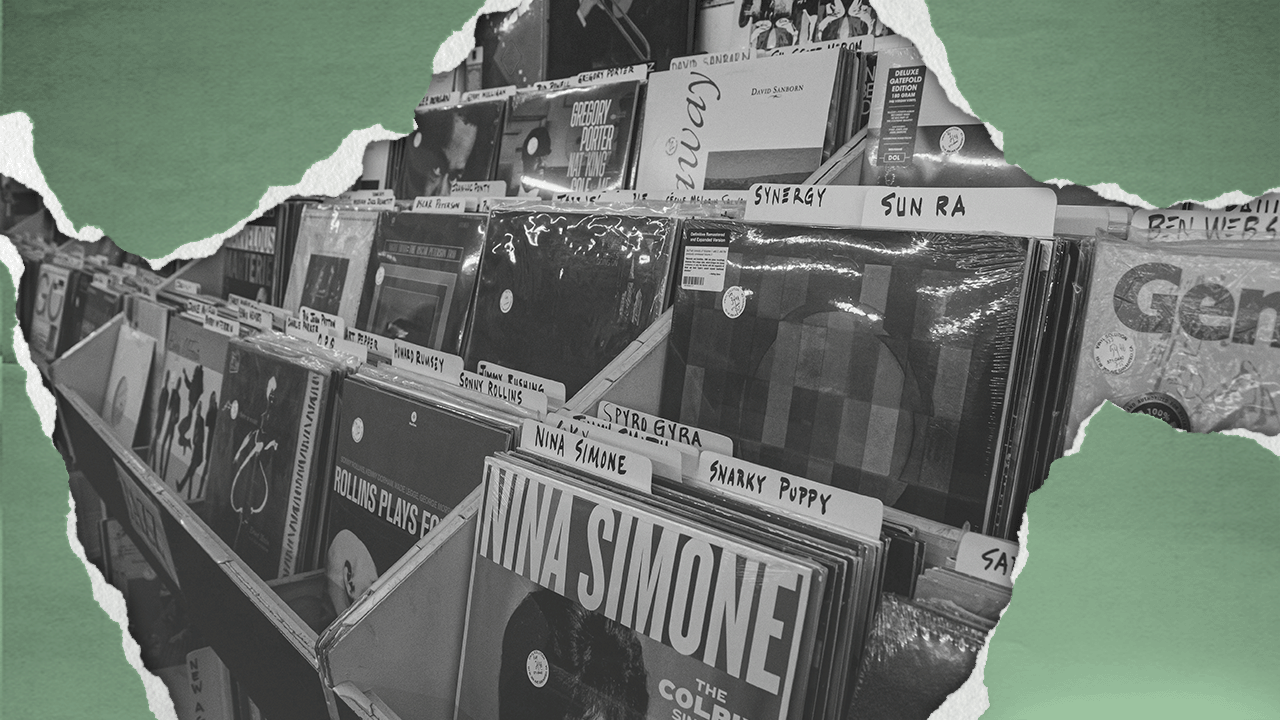
Oh, you're in a band?
'What kind of music do you make?' used to have a simple answer. Now, most musicians find themselves on their own TED Talk floor explaining their new genre-bending project.
"Oh, you're in a band?"
"Yea man, we're like if metalcore, funk, and jazz had a ska baby. It's kind of the best way to describe it...'"
It sounds familiar, right? It's 2025, and genres are colliding faster than a mosh pit at a math-rock show. This was inevitable, but social media and the internet have accelerated it twice as fast.
Spotify, Apple Music, Bandcamp, Rate Your Music, and more discovery apps have taken genres and made it increasingly difficult to find or even define your favorite artists. I was taken aback when Spotify recommended to me their curated 'Cosmic psychedelic surf-rock hipster Wednesday afternoon' daylist. Even if this Frankenstein's monster of genres has made my deep dives more confusing, I believe this convoluted system might be good for artists today.
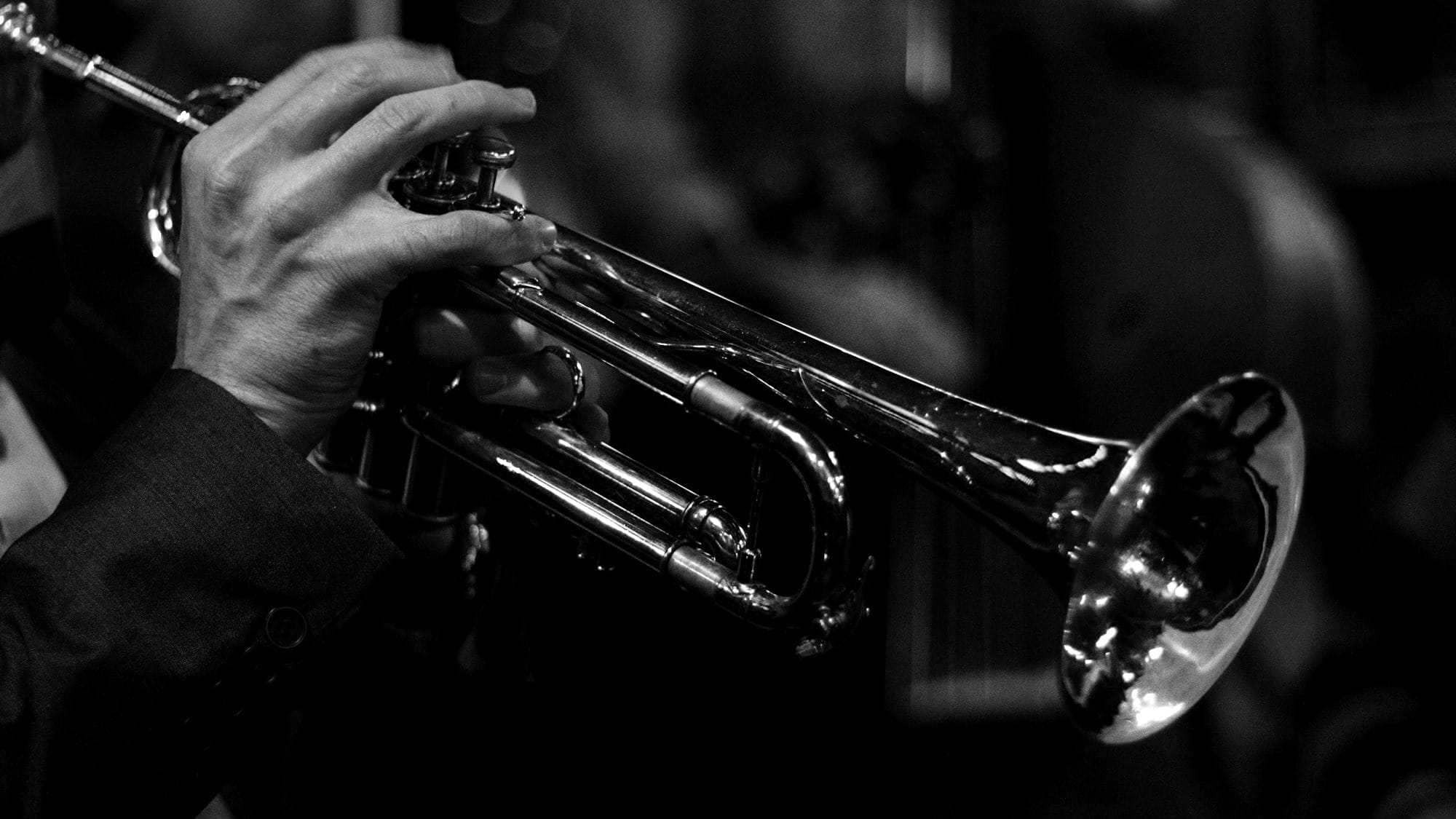
This sounds different.
The year is 1920. A record store clerk scratches their head, deciding for the first time to file Bessie Smith and Louis Armstrong in separate bins– and we've been arguing about genre boundaries ever since. How did we go from that to 'Folktronic Goblincore'? In American history, this evolution has involved money, race, and convenience.
In the first couple of decades of musical genres, vinyl began popping up in music sheet stores. Genres weren't about the music itself, but more about marketing sounds to certain audiences. At the same time in the 1920s, licensed radio stations began popping up and needed ways to market music on the radio to listeners. This perfect timing opportunity of the music industry began to explode and we saw our first set of genres begin to pop up.
Race records & Hillbilly music
As 78 RPM records began replacing sheet music in the 1920s, these new record stores needed filing systems for their music. At this time there were primarily two big categories that appeared in the mainstream.
'Race records' were introduced as a category of music that was primarily for African American artists who were predominantly playing jazz and blues. This term was coined by Okeh Records in 1922, and most major recording companies issued 'race records' from the mid-1920s to the 1940s. While Bessie Smith and Jimmie Rodgers might've shared similar influence and musical roots, their records never shared the same shelf space. 'Hillbilly records' were also introduced as a label for what is now known as country music which were for white rural artists. This term was brought about by Al Hopkins and continued on until around the late 40s/50s.
These racially segregated marketing labels– 'race' and 'hillbilly' dominated record sales through the 1920s, but their marketing campaigns wouldn't survive the force of the great depression in 1929. The music industry's racialized profit model imploded in on itself and plummeted between 1927 and 1932. During a time when no one had the money to afford LPs, black artists suffered the most. Already being relegated to a segregated niche, the black artist community saw their already diminished royalties vanish as labels turned towards 'safe' genres to stay afloat. Not only did The Depression shrink record stores– it brought to light how genre divisions could be used as a tool of segregation when capitalism faltered.
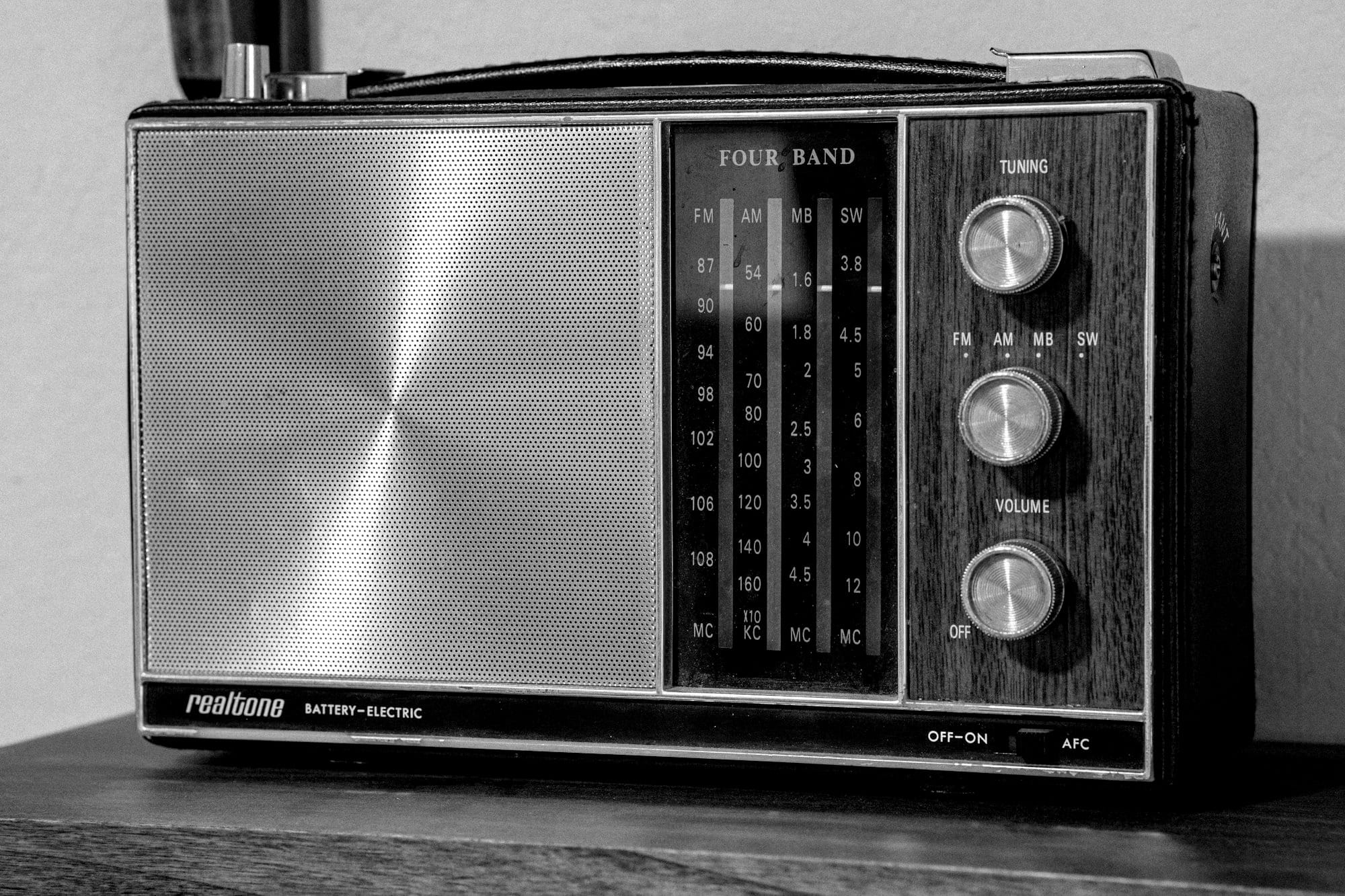
Tuning into the radio
Luckily for avid music listeners, radios– now in 60% of homes by 1935– kept music alive during the Great Depression. However, licensed radio stations needed clear formats to attract advertisers, and as segregation continued in America, the 1930s brought about another form of racial capitalism came back. Radio came in full force and adapted to the segregation of the times– they decided to weaponize it.
As 'race record' sales collapsed, radio stations began to whitewash black music. White artists like Benny Goodman and The Carter Family covered black music, erasing the origins of those pieces while profiting from the sound. Whether or not these choices were the artists or the stations' themselves, racial capitalism was deep in the music industry.
Radio stations began inventing new genres as marketing tools as well. 'Swing' was a new jazz genre in the 1930s, stripping the African American roots for white dancers at the time. 'Bluegrass' in the 1940s was relabeling Appalachian music as wholesome Americana. 'Blues' and 'Gospel' returned to airwaves under respective names however these genres had new rules on radio: Black artists play late-night 'specialty' slots, and White artists play prime-time 'family-friendly' slots.
Even as radio exploded, new rules and regulations that were influenced by racial capitalism created the beginning of what we know as music today. Record stores in the 20s might have physically separated Black and White music, but radio stations did the same thing, but in the airwaves. The 'race record bin died' but it lived on like a haunting ghost on the radio.
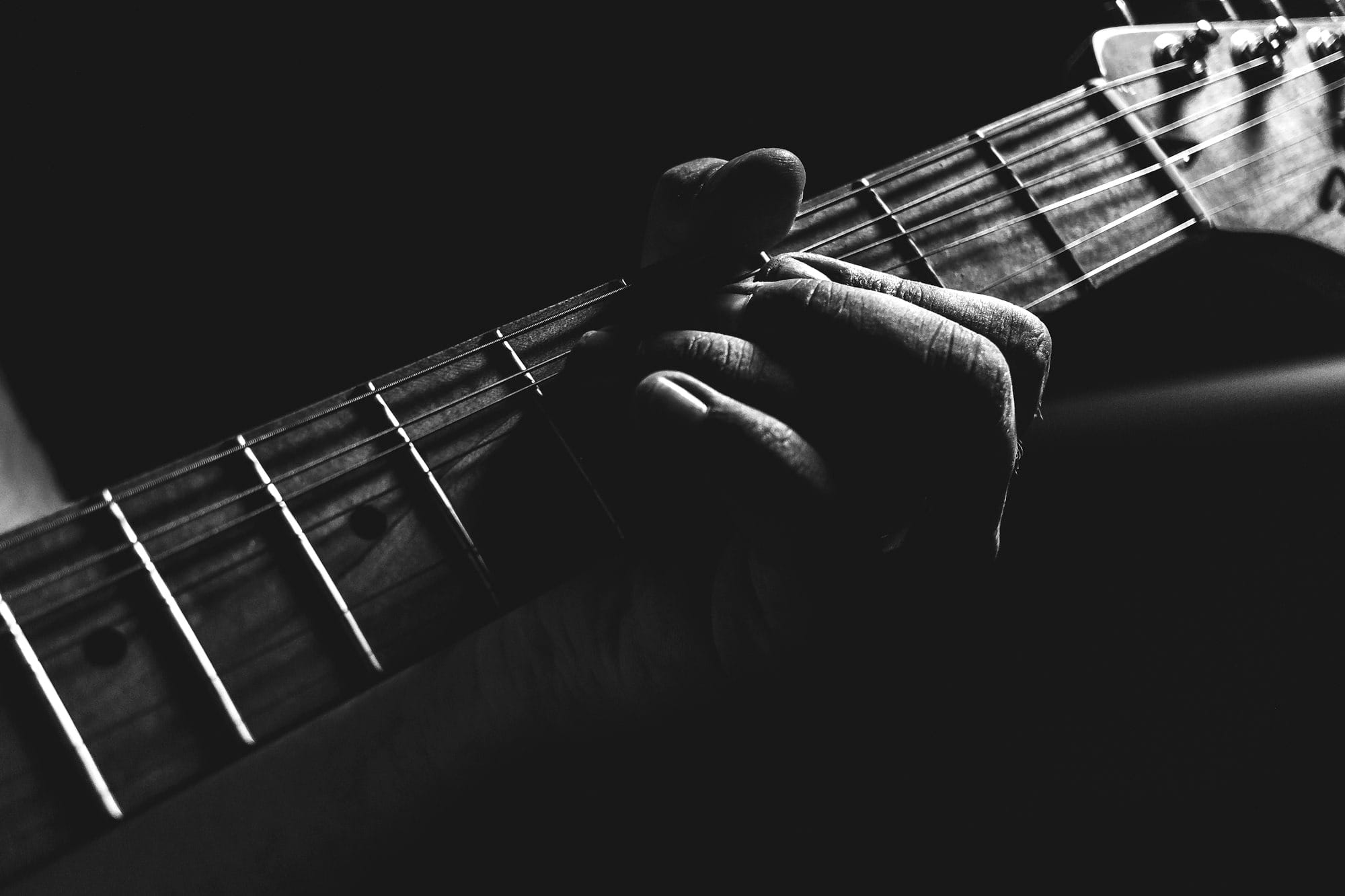
Post War & Rock 'n' Roll
By the end of World War II, vinyl had come back to the mainstream, and new sounds were cracking at the radio's segregated facade. In 1949, Billboard renamed the 'Race Records' chart to 'Rhythm & Blues', same artists yet a new label. This was super important because now artists like Muddy Waters and Ruth brown were reaching white teens if the stations they listened to took the 'risk'.
Even though 'R&B' now had its new label, mainstream airplay continued to sanitize R&B hits. Elvis' number one hit in 1956 was originally Big Mama Thornton's "Hound Dog" from 1952, and Pat Boone's "Tutti Frutti" outsold Little Richard's original, released prior as well.
However, the genre we know and love as 'Rock 'n' Roll' was about to explode straight out of the 50s. Artists like Chuck Berry began to steamroll what America had known the status quo to be. "Maybellene" was one of those particular tunes that began to blend the line between country and R&B as we knew it. However, Chuck Berry wasn't the only artist who began to shift the tide; Aretha Franklin and James Brown would follow up with aggressive gospel and funk hits.
From the mid 1950s to the 60s we began to see an uproar of musicians hitting the scene and reinventing the wheel of genres. But just as Black artists carved out space, the 1970s pulled a bait-and-switch: corporations splintered genres into marketable niches. Disco became ‘too Black,’ punk ‘too dangerous,’ and suddenly, music was being divided into smaller boxes than ever.
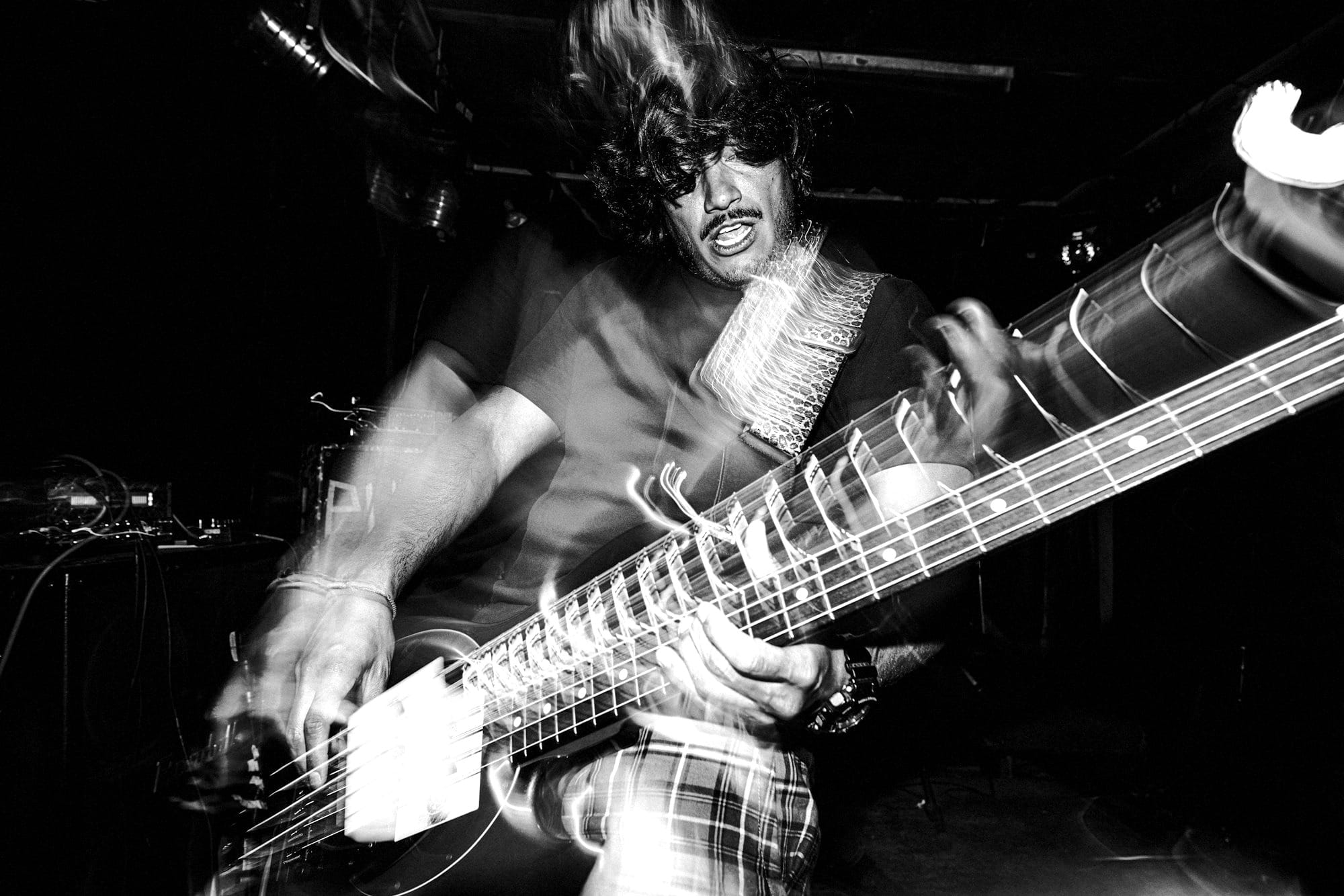
Sprinting to the new age
The 1950s cracked the walls wide open, but the next three decades? They strapped dynamite to the foundations and let the whole rotten structure collapse in on itself. Suddenly, technology put creation in the hands of the weirdos, the outcasts, the kids who didn’t give a damn about marketing departments scrambling to label them. The suits flailed—nothing kills a profit margin faster than a generation that refuses to sit neatly in their little genre boxes.
The late 60s came in hot with psychedelia warping minds left and right—one day you’re humming along to The Beatles’ 'Pop' confections, the next you’re lost in Pink Floyd’s 23-minute synth nightmares. Meanwhile, Sly Stone and Parliament were busy turning basslines into revolutionary manifestos, and over in Birmingham, Black Sabbath stumbled out of a factory and accidentally invented 'Metal' by turning to 11, and letting Tony Iommi do what he does best and riff the roof down.
Then came the 70s, and with them 'Disco'—that glitter-drenched, queer and black explosion of joy that terrified every middle manager in America. Of course, they burned it alive at Comiskey Park, but not before 'Punk' reared its snarling head to declare all genres equally worthless. The Ramones reduced rock to three chords spit out in two minutes, while the Sex Pistols made sure you knew they couldn’t even play those three chords right.
By the 80s, the machines had arrived. Drum machines, samplers, MTV’s 24-hour branding machine—'Hip-Hop' took James Brown’s screams and turned them into artillery fire, while 'Hair Metal' proved even rebellion could be vacuum-sealed and sold back to you at the mall. And just when they thought they had a handle on things, the Pacific Northwest dropped the 'Grunge' bomb: flannel-clad kids playing sludge-soaked anthems about how much they hated flannel-clad kids playing sludge-soaked anthems.
The irony? The harder corporations tried to slap labels on the chaos, the faster those labels dissolved into meaningless noise. And then, just when the suits thought it couldn’t get more anarchic, the internet showed up, turning this slow-motion genre explosion into a full-blown dumpster fire where everything burns and no one gets out clean.
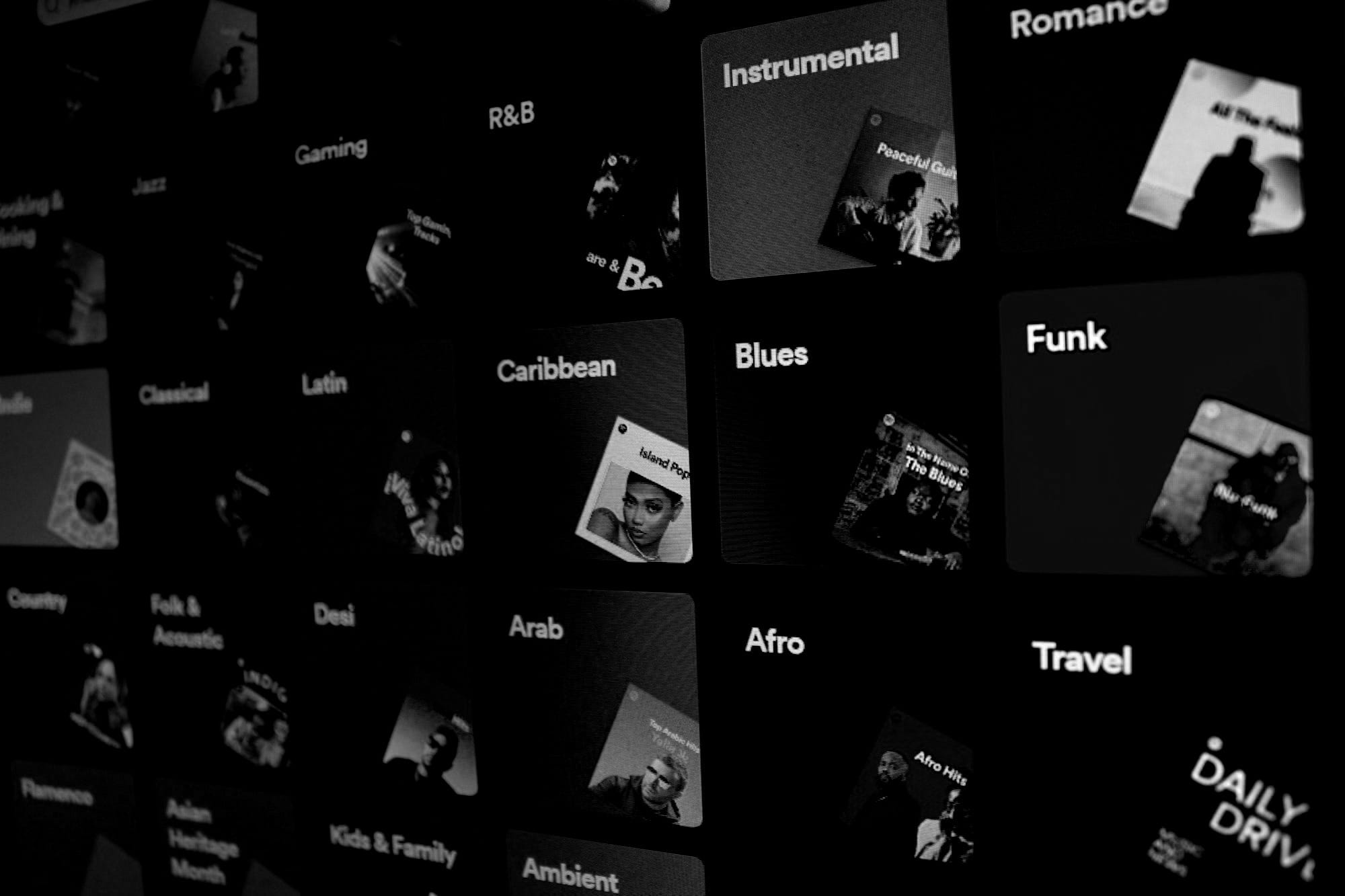
Information Blurs the Lines
That was just a brief history on how we got here. Now what is here? Well, honestly, I don't know anymore! Spotify has over 5,000 microgenre tags from 'Vaporwave' to 'Norwegian Black Metal'. RateYourMusic catalogs 2,800+ sub-genres, including lovely gems such as 'Cute Aggressive Lo-Fi'. And don't get me started on the fact that SoundCloud lets you write in your genre, meaning new genres get 'invented' every morning before OJ and toast.
But currently, in today's world that isn't even the worst of it, algorithms create their own genres which you probably see all the time if you are a subscriber and open up your daylist. 'Cosmic Hippie Organic House' is not a real thing no matter how many times you try to tell me. Corps just gave up trying to label and market everything, they would rather have an AI do it for them.
Genre's today are moods, feelings, and sometimes just little descriptions to help guide you to the energy of what you want to listen to. 'Bedroom Pop' is barely a genre but more of an aesthetic and feeling. Maybe you'd argue with me on that one, but I truly believe whatever genres were to us in the 60s are over in the current age. We went from an organized library to a toss everything into a box and give it a good shake and pull out a random noun and adjective to describe your music.
What does this mean for artists?
These labels might feel exhausting. The endless subgenres, the algorithmic boxes, the pressure to define yourself as some "post-digital hyperpop dreampunk" act—it's all noise. But there's something beautiful underneath all that chaos.
You are an artist. Full stop.
No more being trapped as a 'post-hardcore gazer' or 'alt-R&B experimentalist.' Genre-fluidity isn't just some trend; you can stitch together the sounds you love—jazz chords over trap beats and black metal blast-offs into lo-fi bedroom pop—without worrying about purists losing their minds.
The people who love your music don't care about fitting you into some neat little category. They just care about how it makes them feel. The same person who bumps Bad Bunny on their commute might scream along to your heaviest song in their bedroom. Playlists are mood-driven now, not genre-locked.
But let’s be real—the internet is still a trap. Algorithms will shove you into boxes no matter how hard you resist. Spotify will call you "Midwest Emo Revival" when you're really just making sad songs with a guitar and a drum machine. TikTok will try to cram you into whatever micro-trend is blowing up this week.
But here’s the secret: You’ve got history on your side.
For a century, artists have been breaking out of these boxes. Chuck Berry mashed country and R&B into rock ‘n’ roll. Prince laughed in the face of genre rules. SOPHIE turned electronic music into liquid metal. And now? It’s your turn.
So make what you want. Call it whatever (or nothing at all). Let the algorithms scramble to keep up.
You’re not a category. You’re not a trend.
You’re just you—and that’s more than enough.
Let me hear YOUR thoughts! Are genres dead to you? Are there specific micro-genres that have made you tilt your head? Or are you more interested in being a part of the micro-genre train? Whatever you're doing, I want to know more! Leave a comment down below and start a conversation!

